Orphaned bear cub joins other rescued animals at wildlife sanctuary
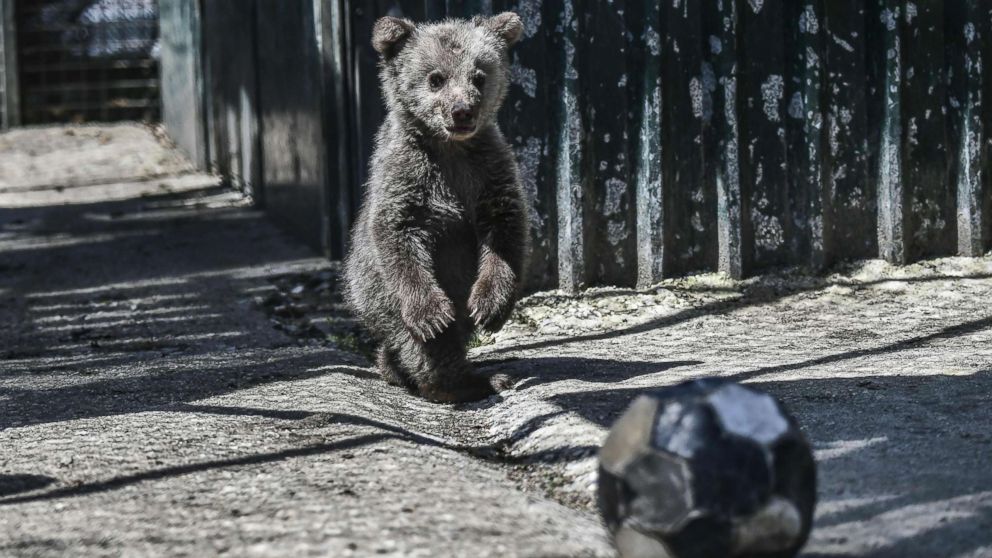
It’s been a month since an orphaned bear cub known as Luigi was rescued alongside a road in northwestern Greece.
A driver found him wandering alone on a highway near the village of Kleidi on April 4. His mother, who was nowhere to be found, is believed to have been killed.
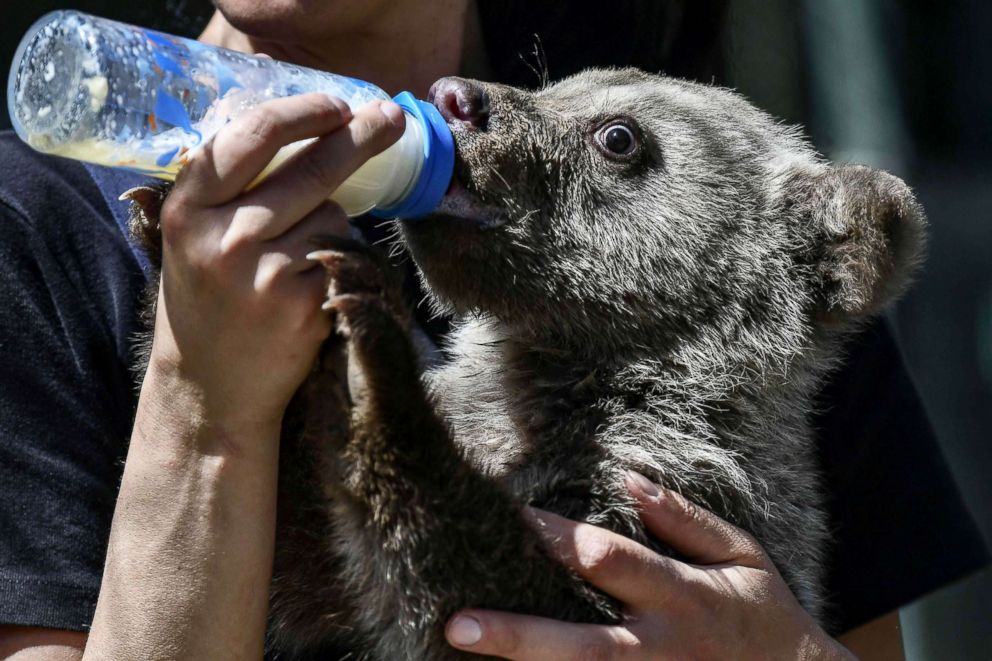
The cub was undernourished and just a few months old at the time.
The driver notified Arcturos, a nonprofit wildlife sanctuary in the region of Florina. The cub was moved to the sanctuary’s facilities, where he was nursed back to health, according to a press release from Arcturos.
The sanctuary staff noticed how much the cub enjoyed playing with a soccer ball as he adapted to his new surroundings. So they named him Luigi, after the famous Italian goalkeeper, Gianluigi Buffon.
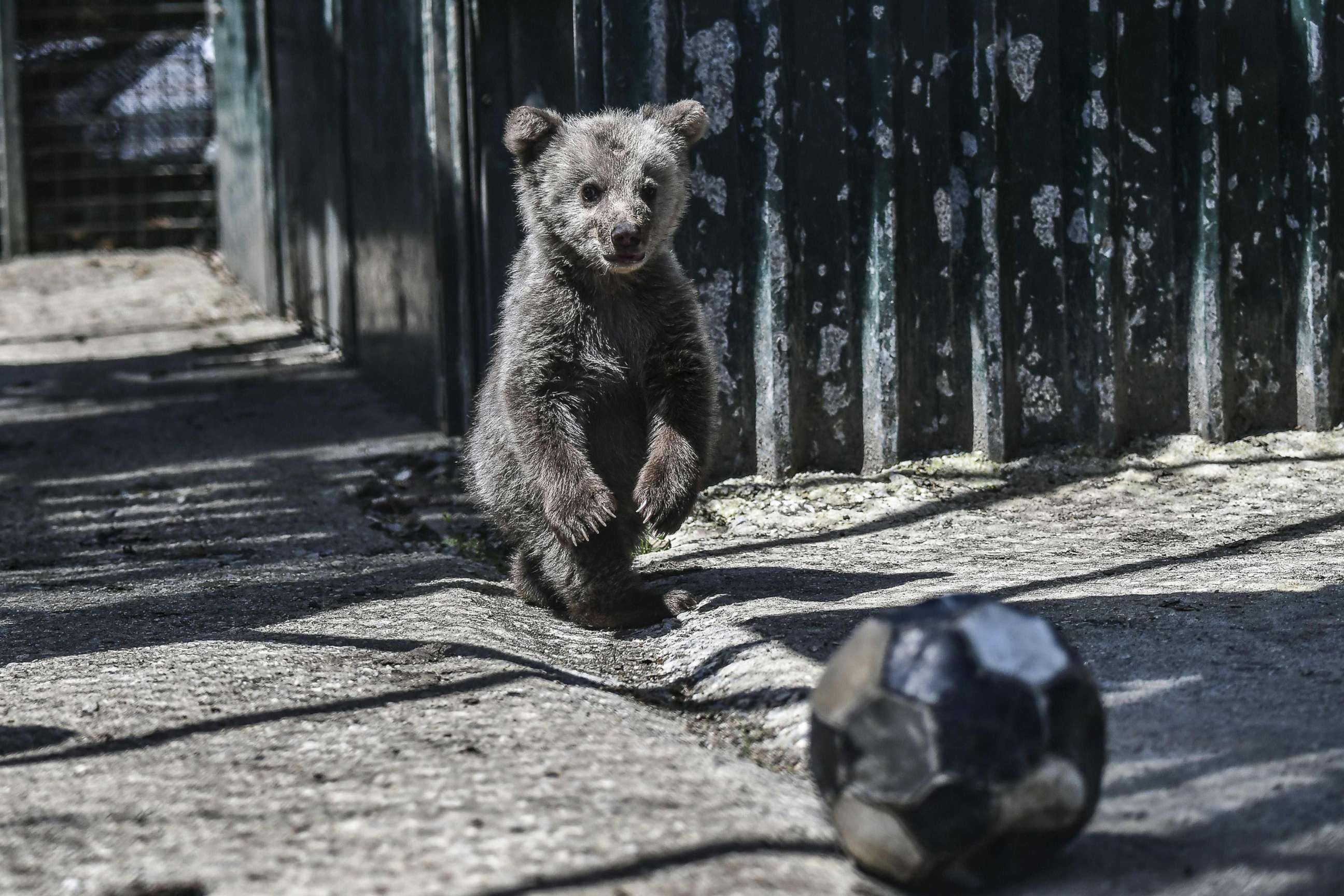
"Even though Luigi lost his mother, he will have a second chance to live in the wild. Arcturos will try to train and teach him some of the survival secrets his mum would have," the sanctuary said in a statement on April 19.
And if everything goes according to plan, Luigi will be rehabilitated next year.
"He's already showing some good signs, as he's not very fond of human contact," the sanctuary said.
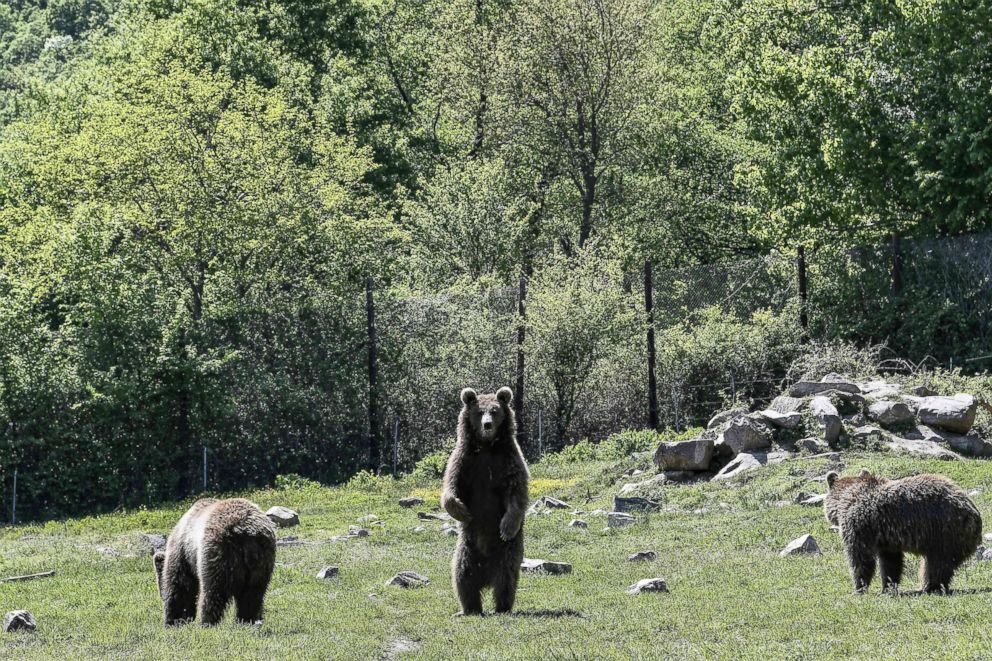
Luigi will be in good company in the woodland sanctuary, where more than 20 bears and seven wolves live in separate, enclosed habitats. Most of the animals were rescued in the Balkans from poachers, animal collectors and even restaurant owners who used them to entertain patrons.
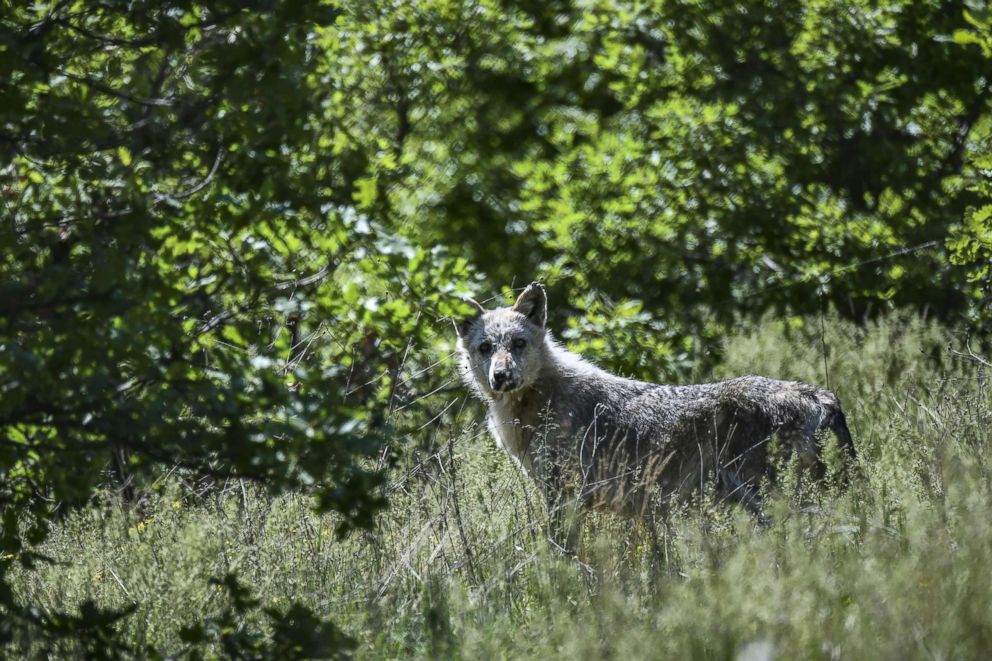
Founded in 1992, Arcturos aims to protect bears and wolves from being killed or injured, snatched and sold by poachers into a life in captivity as pets or entertainment. The animals are often beaten and abused into submission as they are forced to perform for their owners or paying audiences.
The tradition of "dancing bears" was popular in the Middle Ages through to the 19th century across Europe and Asia. Although many countries have banned dancing bears and animal activists have worked to end the practice, it persists in parts of Eastern Europe and Asia, according to the World Animal Protection.
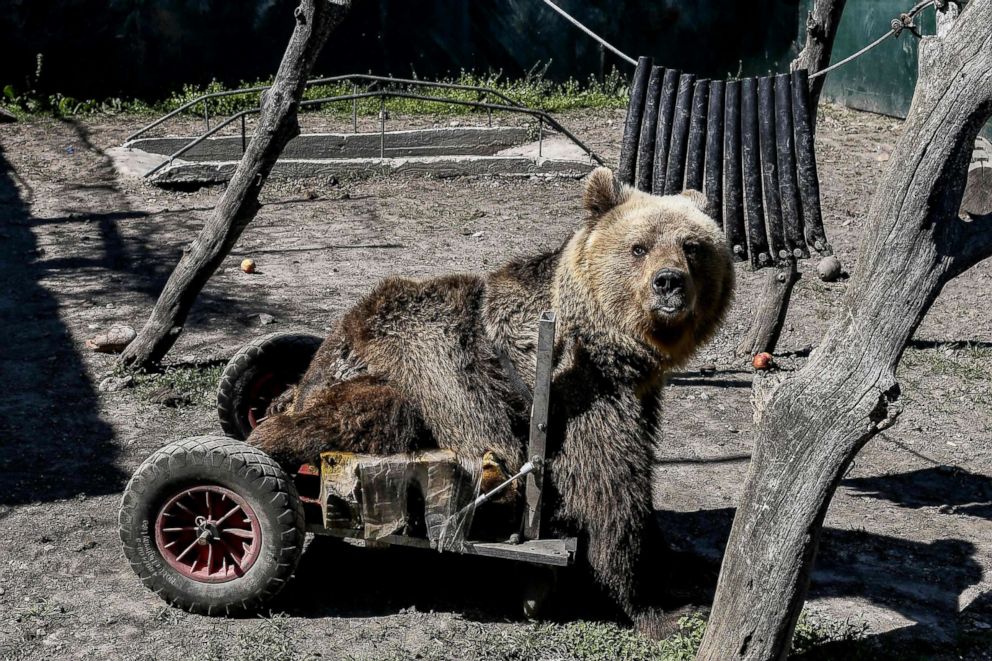
Some bears are also kept in captivity to harvest their bile, a painful process in which the animals’ digestive fluid is extracted and often sold to traditional medicine practitioners in Asia for its alleged healing properties, according to the World Animal Protection.



